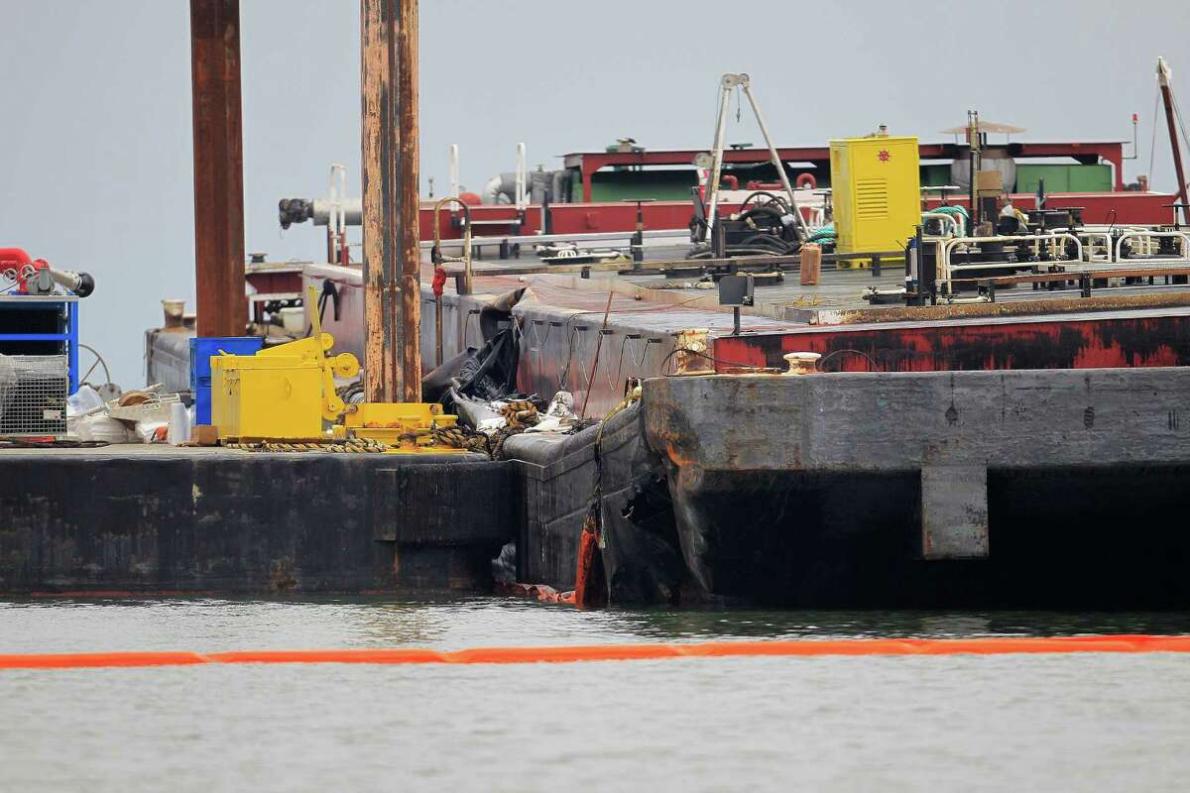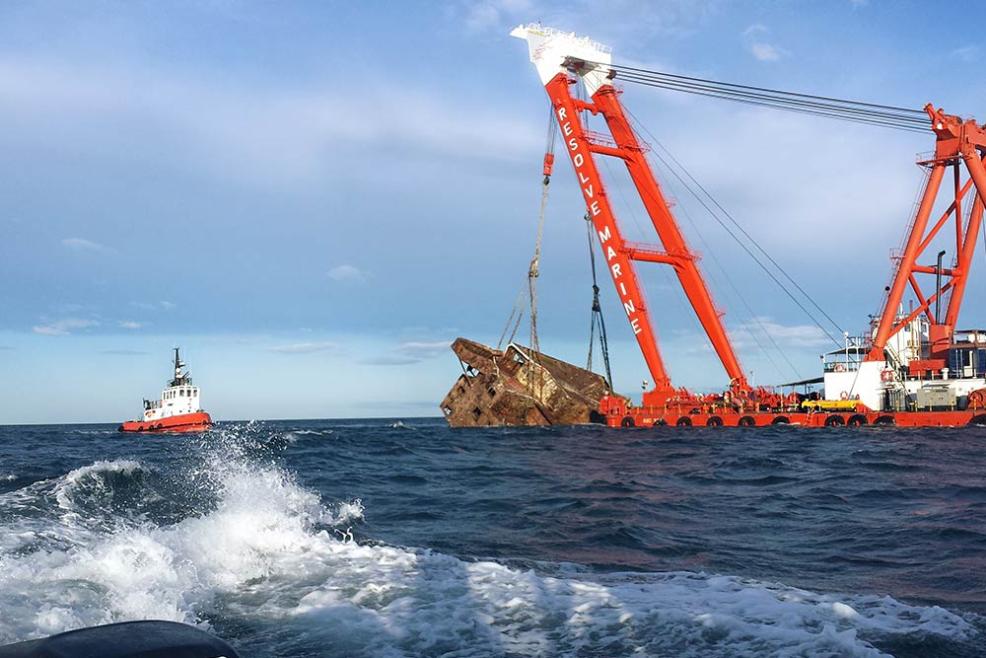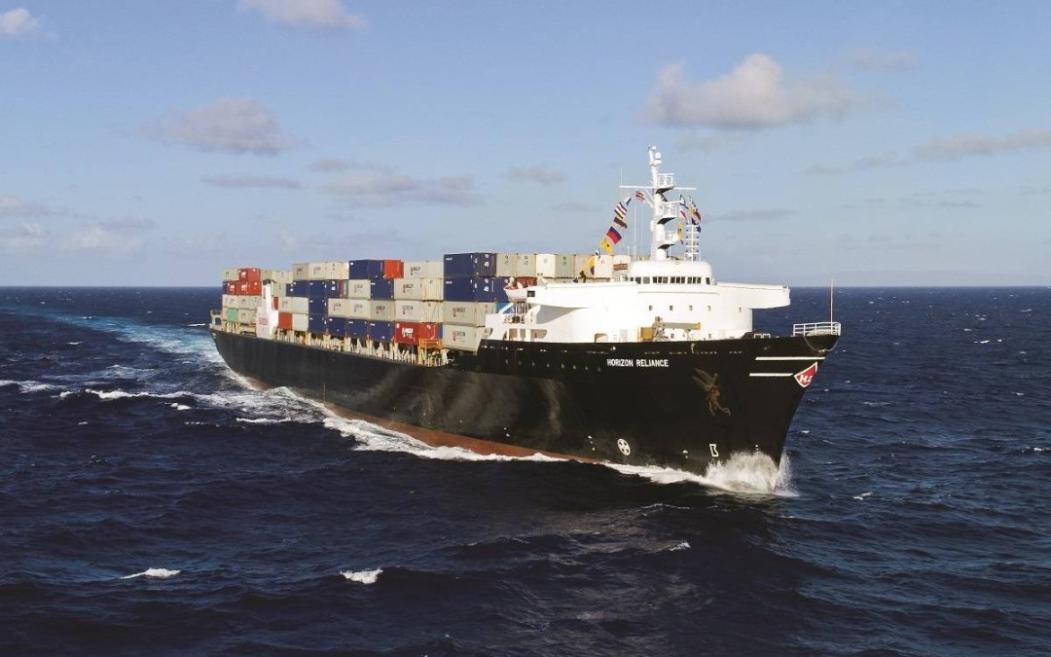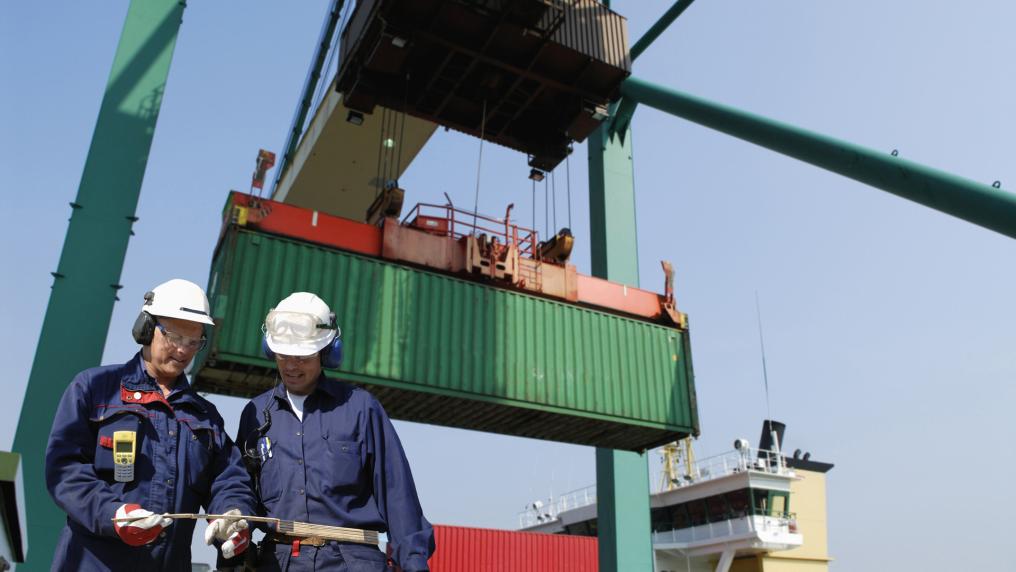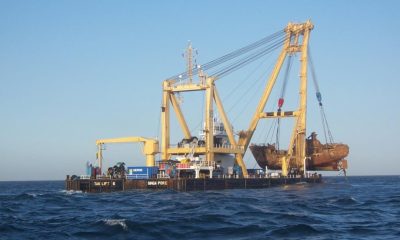
What are employers' responsibilities under the Port and Dock Workers' Compensation Act?
Follow Us @
What are employers' responsibilities under the Port and Dock Workers' Compensation Act?
Port and Dock Workers Compensation Act
The Harbor and Dock Workers' Compensation Act (LHWCA) is a federal law that provides compensation benefits to employees who are injured or become ill while working in the navigable waters of the United States or adjacent areas when their work is related to maritime activities.

Purpose of the Port and Dock Workers Compensation Act (LHWCA)
The LHWCA was enacted in 1927 to address the unique risks faced by maritime workers, who are often exposed to dangerous conditions and have limited access to medical care. The law provides a no-fault compensation system, meaning injured workers are entitled to benefits regardless of who caused their injury.
Scope of LHWCA
The LHWCA covers a wide range of maritime activities, including:
- Loading and unloading ships
- Ship construction and repair
- Stowage
- Port construction
- Dredging
- Dive
- Maritime rescue
Employers Subject to the LHWCA
The LHWCA applies to employers who are involved in maritime activities, including:
- Shipping companies
- Shipyards
- stevedoring companies
- Port construction companies
- Dredging companies
- Diving companies
- Maritime salvage companies
Employer Responsibilities Under the LHWCA
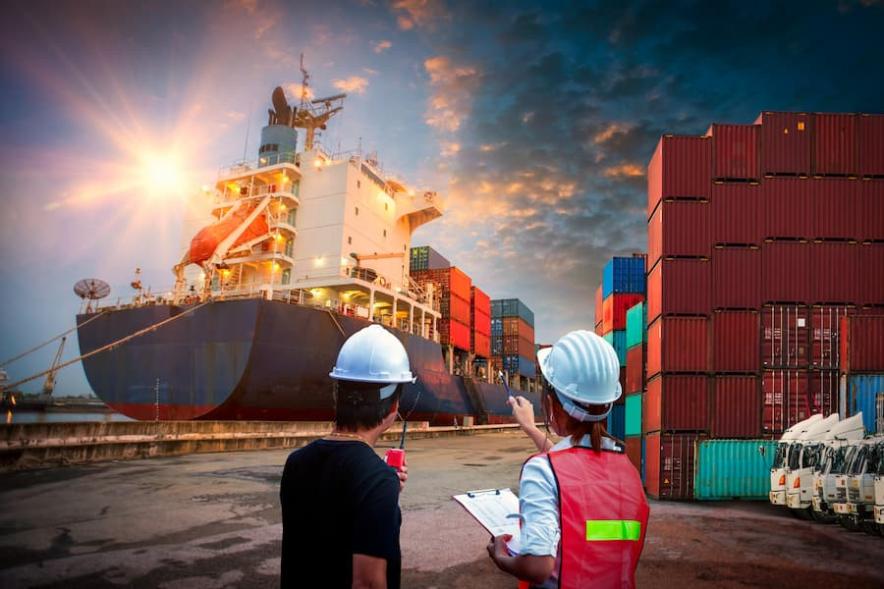
Employers subject to the LHWCA have a range of responsibilities, including:
Provide a Safe Workplace
- Comply with OSHA standards
- Provide adequate safety equipment
- Train employees on safety procedures
Ensure Compensation Coverage
- Get Workers Compensation Insurance
- Post coverage notices
- Report accidents to the insurance company
Paying Benefits to Injured Employees
- Temporary Total Disability Benefits
- Permanent Total Disability Benefits
- Death benefits
- Medical benefits
Keep Records
- Accident reports
- Medical Records
- Payroll Records
Meet Reporting Requirements
- Report accidents to the US Department of Labor
- Submit annual reports
Employer Defenses to LHWCA Claims
Employers may have a number of defenses to LHWCA claims, including:
- Employee negligence
- Employee poisoning
- Intentional employee misconduct
- Third party liability
Importance of Compliance with the LHWCA
Compliance with the LHWCA is essential for employers in the maritime industry. Failure to comply can result in significant financial penalties and legal liability.
Benefits of Compliance for Employers
- Reduced Workers Compensation Costs
- Improved employee morale
- Reduced risk of lawsuits
- Improved reputation
Penalties for Non-Compliance
- Fines
- Prison
- Civil responsability
Employers should consult an attorney to ensure they are in compliance with the LHWCA.
What are employers' responsibilities under the Port and Dock Workers' Compensation Act?
Follow AFRILATEST on Google News and receive alerts for the main trending sports news today, Basket ball updates, Soccer series, entertainment and lots more!
SHARE POST AND EARN REWARDS:
Join our Audience reward campaign and make money reading articles, shares, likes and comment >> Join reward Program
FIRST TIME REACTIONS:
Be the first to leave us a comment, down the comment section. click allow to follow this topic and get firsthand daily updates.
JOIN US ON OUR SOCIAL MEDIA: << FACEBOOK >> | << WHATSAPP >> | << TELEGRAM >> | << TWITTER >
#employers39 #responsibilities #Port #Dock #Workers39 #Compensation #Act
-

 Fashion3 months ago
Fashion3 months agoVogue Arabia cover welcomes Salma Hayek in an interview with Penélope Cruz
-

 Football3 months ago
Football3 months agoVAR points out Diego Costa's offense against the fourth referee
-

 USA today entertainment3 months ago
USA today entertainment3 months agoBeyonce with the single “Break My Soul” leads on Spotify Brazil
-

 Health and Fitness3 months ago
Health and Fitness3 months agoVaccine against the reappearance of skin cancer enters final testing phase
-

 USA today entertainment3 months ago
USA today entertainment3 months agoSZA, Future and DJ Khaled come together in collaboration
-

 News3 months ago
News3 months agoParents of former player Waleswska are pressured by widower to pay rent for the house where they live
-

 USA today entertainment3 months ago
USA today entertainment3 months agoLarissa Luz and Linn da Quebrada enchant at the Multishow Awards with a tribute to Elza Soares.
-

 Good News TV series3 months ago
Good News TV series3 months agoThe shocking reason behind the decision not to show dead characters in The Last Of Us episode revealed













